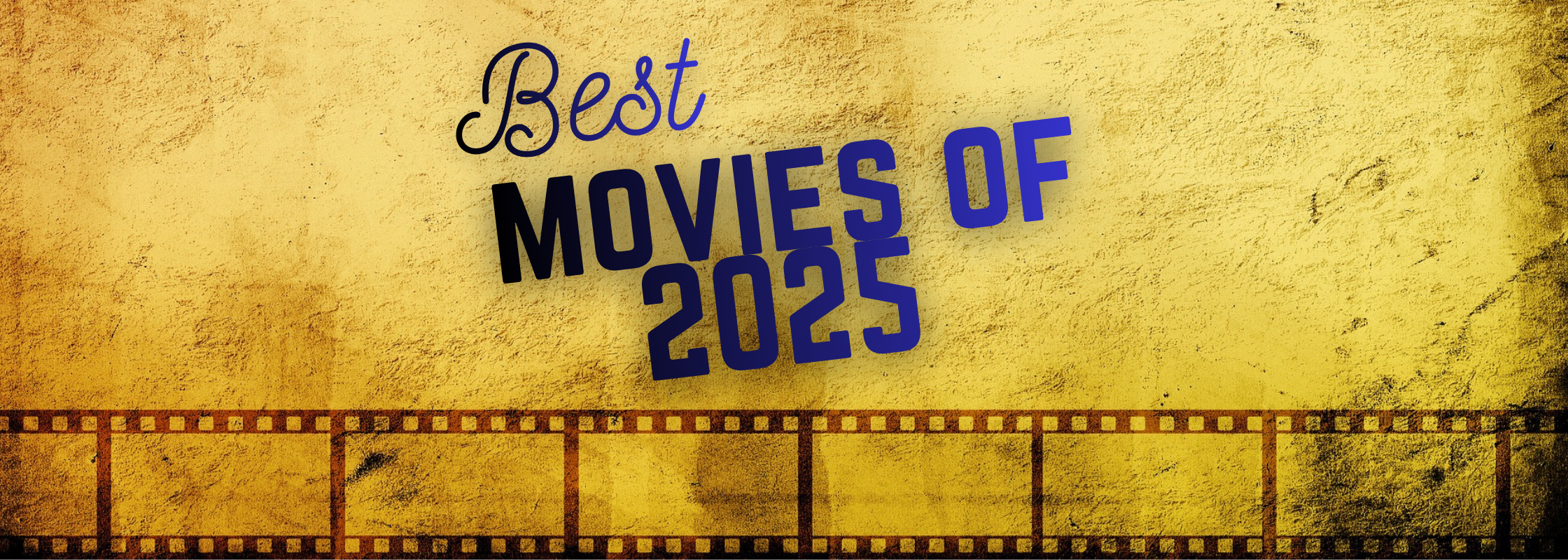The Correspondent review
Director: Kriv Stenders
Writers: Peter Duncan
Stars: Richard Roxburgh, Julian Maroun, and Rahel Romahn
Running Time: 119 minutes
Please note there may be spoilers below
In a movie pining to celebrate independent journalism, Kriv Stenders’ The Correspondent straddles the line between award-baiting sincerity and unsettling docudrama, managing to be both convincing in its need to exist but also unconvincing in its emotional execution. In more explicit terms – it’s a film replete with admirable intentions but suffering from a distinct abundance of pedestrian filmmaking in desperate need of creative flair.
Richard Roxburgh plays Peter Greste, an Australian Al Jazeera journalist who was imprisoned in 2013 by post-Arab Spring Egyptian authorities under charges of reporting false news and being a suspected terrorist connected to Islamic group The Muslim Brotherhood. Of course, the charges are ridiculous and inane, but in the world of authoritarianism, the ridiculous and inane are not only ignored but actively encouraged. Based on his memoir, The First Casualty, Greste’s story carries the weight of a man torn between believing in institutional integrity and rejecting a shameless legal system full of corrupt abundance. Upon a single knock on his Marriott hotel room door, security forces arrest him in Kafkaesque fashion for crimes they refuse to explain. During processing he is asked to remove his clothes and replace them with a bleached-white top and pants, each prisoner distinct among the drab grey colours of Egypt’s crumbling prison environment. His cell has two buckets, stone walls, a small bed and a single roll of toilet paper.
Memorably any short-lived relief from a visit by the Australian embassy is extinguished when the representative tells Peter she’ll inform his family of his arrest, before giving his under-nourished frame a single wrapped sweet. No support, no legal information, no discussion on next steps, Peter is left shocked by his isolation. What follows is an emotionally disconnected depiction of his prison experience, one that unfortunately fails to conjure a sense of genuine suffering or a sense of decaying time. Mostly isolated in his cell, we are soon told that nine days have already passed. Peter’s face remains freshly shaven at all times, with no context explaining his ability to look as cleanly barbered as he does. Within minutes he makes contact with an ally through the sliding window of his cell, who provides him with reading material and encouragement. It’s a bizarrely easy transition into solitary confinement, one that desperately needs some additional detail to not only underline the painful ordeal but to provide emotionally believable circumstances.
There is no better way to communicate the impact of solitary confinement to an audience than to make the audience feel like they’ve spent time in solitary confinement, yet The Correspondent is not brave enough to push our comfortable boundaries. At its worst, this makes the movie feel sanitised for viewer entertainment, where the more intimate details of Egyptian prison existence are oddly skipped over when they are exactly what’s needed to emotionally sell what’s at stake. Whilst Greste’s turmoil is somewhere in here, it’s left strangely unexplored as he spends time among his arrested Egyptian news colleagues, speaking to their circumstances and playing a great deal of backgammon. Any introversion of his experience is left invisible to us as he remains largely pragmatic about his situation, and consequently Greste as a character remains largely impenetrable to us. It’s a fascinating misstep, not least because Roxburgh is cast perfectly in the role, but he’s sidelined by a script and direction that keeps his inner conflict wrapped up too tightly, and the result wanders invariably close to a homogenised TV-special.
“In so many prison movies, the prison itself is a vital ingredient, the very smallness of the space and texture of the walls being a character in itself.”
Much of the performances also reveal themselves as too earnest, too full of fresh actor energy. If being confined in a dilapidated prison for 400 days should communicate anything, it should be exhaustion, yet here each interaction feels a little too expansive, the performative and perfunctory dialogue ringing false amidst the backdrop of the stark confines of our leads. Still, the film does liven up during its court proceedings, where the terrifyingly cold and passive Judge Nagy (Majid Shokor) dismisses clear evidence and shrugs off efforts by defense lawyers to allocate some sense to the case. These shocking and depressing legal misconducts add real fuel to the embers, and it’s a fine choice to force us to watch each court interaction from behind the hard-wire cage of the men who are unfairly presumed guilty.
In an effort to draw up a stronger emotional core to Greste, the film intersperses a series of flashbacks that reveal the murder of his BBC journalist colleague Kate Peyton, who was shot in Mogadishu in 2005. Kate’s story is tragic but The Correspondent fails to justify its extensive retelling from Peter’s point-of-view, the film too unclear on how this informs Peter’s sense of guilt and its parallels to his Egyptian imprisonment. It’s the kind of subplot a memoir can effectively manage, but in cinema, its addition feels superfluous when so much of the present ordeal remains unexplored.
As an act of world-building, the film has a limited visual syntax, over-reliant on constant long-lens close-ups and copious amounts of lens flares obstructing each one. The close-ups I accept in theory – the long-lenses make the walls close in and close-ups make the frame feel catastrophic, but the choice so often limits the sense of place that the film feels environmentally empty. In so many prison movies, the prison itself is a vital ingredient, the very smallness of the space and texture of the walls being a character in itself. Here, the visual choices limit our understanding of how it feels to be inside those walls. As for the lens flares, the over-reliance on their effect screams out that this film needs more visual invention. A movie like Steve McQueen’s Hunger (2008) uses the bleak and dark stillness of wide angles to strangle you in its prison space of empty, monochrome starvation. The suffering of the Maze Prison is alive in every frame, whereas The Correspondent ultimately disconnects us from this reality by keeping it blurred behind the heads of its characters.
By the final title card, we’re reminded of the nobility of this story: that hundreds of journalists have either died or remain imprisoned for doing their work and reporting the required first draft of history. The Correspondent communicates its agreeable intentions effectively, but it fails to convince us that this particular depiction of injustice can stretch beyond mediocrity.



